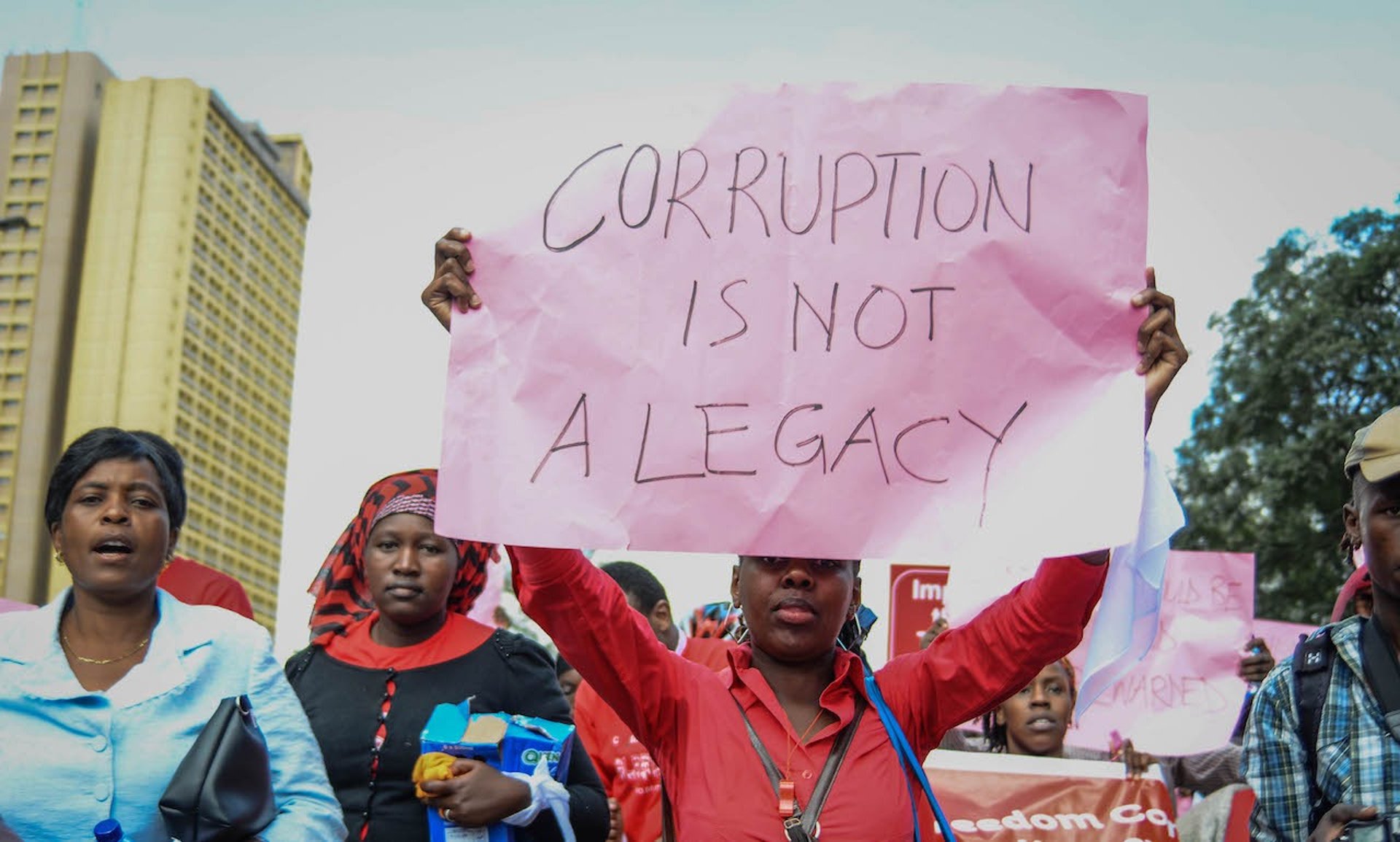
Together for a transparent Africa. Join the movement to fight corruption.
Join the fight against corruption. Educate, mobilize, and transform Africa for a just future.


About Us
AISCAF.org – AI Stop Corruption in Africa – is a non-profit organization dedicated to leveraging cutting-edge AI technologies to detect, prevent, and expose corruption across the African continent.
Our mission is to expose corruption, educate the public, and empower citizens to take action. We believe that a fair, just, and prosperous Africa is only possible when corruption is confronted .
Through educational content, digital tools, and an AI-powered chatbot, we make information accessible and support whistleblowers, activists, and ordinary citizens who want to make a difference.
Together, we can fight for a more transparent and ethical Africa.


Corruption is more than just missing money, it’s stolen hospitals, broken promises, and lost lives. This powerful short film follows the real impact of bribery, embezzlement, and silence and the courage of those who stood up to fight back.
"From Silence to Action: Africa Stands Against Corruption"
How to expose corruption
You didn’t come this far to stop
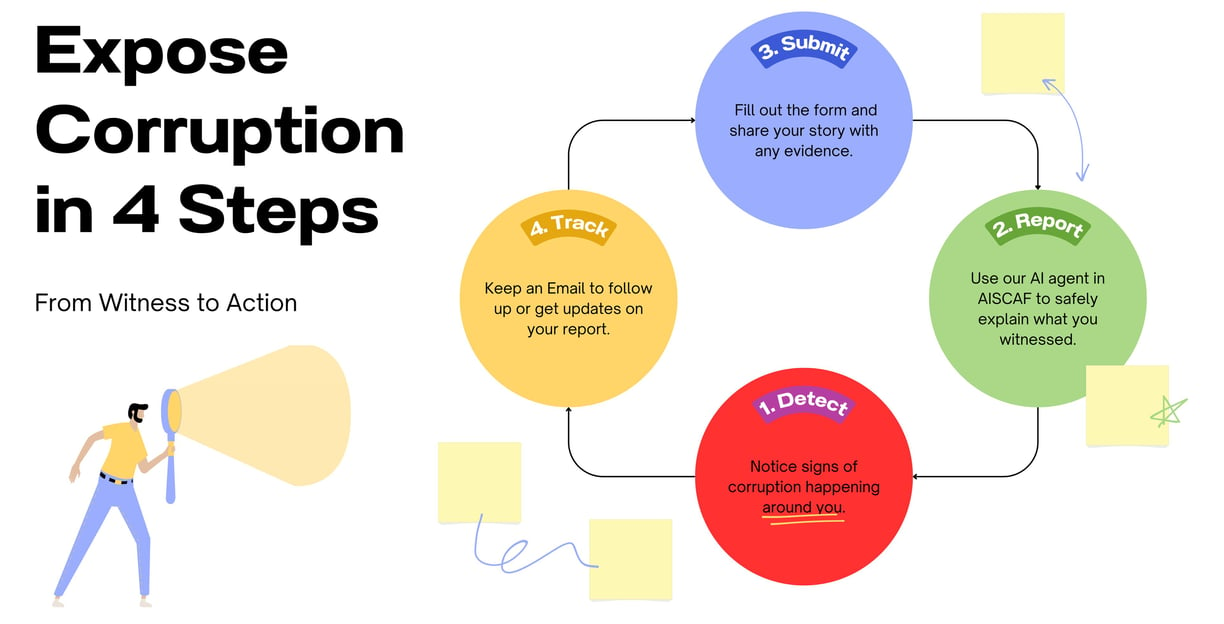

Empowering Africa Against Corruption
Corruption is one of the most significant obstacles to development and justice across Africa. It weakens institutions, drains national resources, and undermines the trust between citizens and their governments.
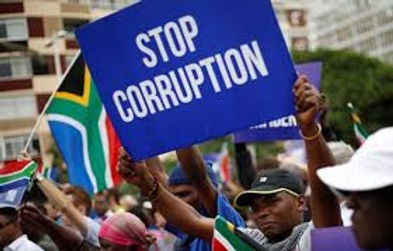

Types of Corruption
Corruption can take many forms some are visible in everyday life, while others are hidden within complex systems. Understanding the different types of corruption is essential to recognizing how it operates and how it harms individuals, communities, and entire nations. From small bribes to large-scale embezzlement, corruption weakens public trust, damages institutions, and stalls development. Below are the most common forms of corruption that affect both the public and private sectors across Africa.
Bribery – Paying or receiving money or gifts in exchange for favors.
Embezzlement – Stealing public funds or property.
Nepotism & Cronyism – Favoring friends or family in job or contract decisions.
Extortion – Using threats or force to obtain money or services.
Fraud – Dishonest or illegal manipulation of information or systems.


What Causes Corruption in Africa?
Corruption doesn’t happen by accident it grows where systems are weak, transparency is lacking, and people feel powerless. In many African countries, several deep-rooted factors contribute to the persistence of corruption:
Weak Institutions: When justice systems, audit bodies, and oversight agencies lack independence or resources, corruption thrives without consequence.
Poor Governance: Leaders without accountability may misuse power for personal gain, knowing they won't be held responsible.
Lack of Transparency: Government spending, procurement, and public appointments often happen behind closed doors, allowing corruption to go unnoticed.
Poverty and Inequality: In low-income environments, people may pay bribes just to access basic services like healthcare, water, or education.
Cultural Acceptance: In some regions, corruption has become normalized — seen as “just the way things work.”
Low Salaries for Public Workers: When civil servants are underpaid, they may turn to bribes or favors to survive.
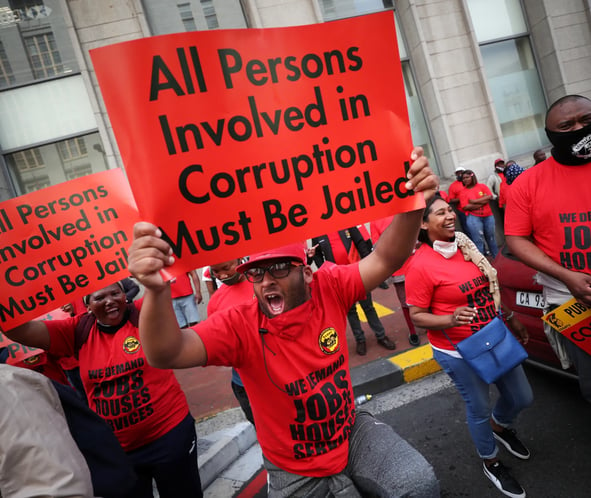

The Impact of Corruption in Africa
Corruption is not just a moral issue it has real and devastating consequences on everyday life. It holds back progress, deepens inequality, and keeps millions in poverty. Here's how corruption harms African societies:
Education: Money intended for schools, teacher salaries, or supplies is often diverted, leaving classrooms empty and students without resources.
Healthcare: Public hospitals lack equipment and medicine while funds are misused or stolen — costing lives, especially among the poor.
Infrastructure: Roads, bridges, water systems, and electricity projects often remain unfinished or poorly built due to corrupt contracts.
Economy: Corruption scares off foreign investment, kills local businesses, and limits job creation.
Justice: When bribes influence court decisions or police actions, the rule of law collapses, and trust in justice disappears.
Public Trust: Corruption creates anger and hopelessness. Citizens stop believing in their leaders and institutions, weakening democracy.
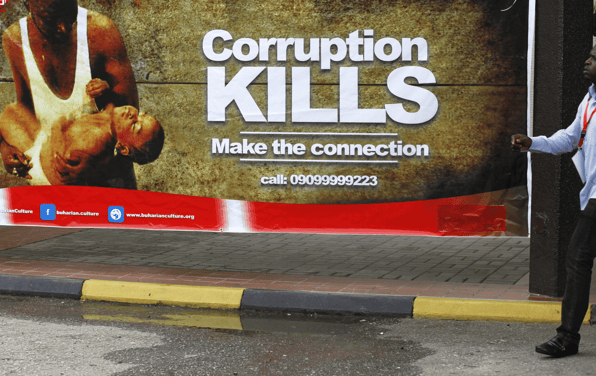

How AI agents help to report corruption
AI-powered chatbots are revolutionizing how everyday people report corruption. These bots work 24/7 to create a safe, structured, and anonymous space where individuals can share their experiences and contribute to transparency.
1. Anonymous Reporting
2.Guided Story Collection
3.Turn Stories into Structured Data
4.Protecting Users & Building Trust
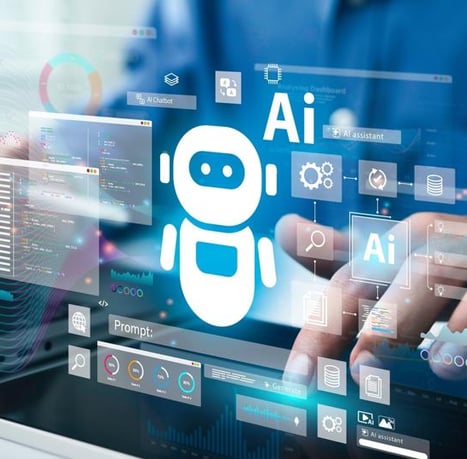

Contact Us


Reach out to us for inquiries, support, or to share your stories in the fight against corruption.
